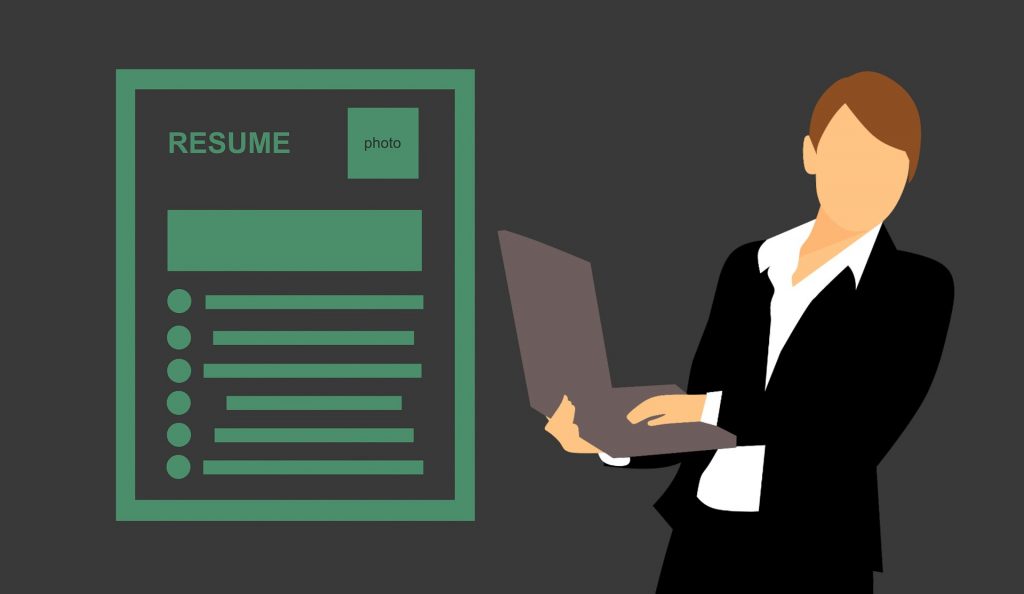
Once you interview for a position, following up with the interviewer is beneficial. It is significantly effective whether you get the job or not. Follow-up after an interview demonstrates the personal and professional qualities that most employers seek. It shows dedication, attention to detail, and the ability to follow through on projects and assignments.
As effective as follow-up is, there are boundaries. There is a very thin line between follow-up and stalking. Contacting the interviewer too much can be frustrating and quite annoying. The good news is that the employer will know who you are. The bad news is that your emails will be deleted instantly. This is irritating and can be a major turn-off. Here are some things to consider when doing your interview follow-up.
Send a Thank You Note or Email: It is essential to send a thank-you note or email immediately after your interview. It keeps your name relevant to the interviewer. It should be another attempt to sell yourself and contribute to the vision and mission of the organization. Your method of follow-up should be in line with the organization’s culture. If your interview is with a traditional organization, sending a handwritten note will be better than an email.
The 5-Day Rule: After you have done an initial follow-up, wait at least five business days to follow up again to see where they are in the hiring process. Most interviewers have other candidates to interview within a short amount of time. By waiting 5 business days, you give them ample time to get through the majority of the interview process. Most interviewers are close to deciding within this time frame, and you can verify your status.
Always Be Brief and Professional: It is vital to keep your contact with the interviewer concise. Most interviewers are very busy. They are overwhelmed with their daily tasks, in addition to that of the open position. Therefore, the interview process is an added stress. Keeping your contact with them brief and professional helps to keep the stress level down. This also shows that you are considerate of their time. However, if your follow-up demands a lousy attitude, this will leave a wrong impression and a guarantee of not getting a callback.
Follow Instructions: Ask the interviewer how you can follow up with them regarding the status of the position. If they do not offer any of their contact information or give you the “don’t call us, we’ll call you” line, then walk away quietly. If you cyberstalk the interviewer’s information and contact them anyway, they will think that you cannot follow simple directions, which will cause suspicion.
Know When To Let Go: After you have followed up twice, walk away from the opportunity. In some cases, no news is good news. However, if you have not heard from the interviewer after these two follow-up attempts, it is time to move on and focus your energy on your following interview. It’s just like dating. If they don’t call, they are not interested.


